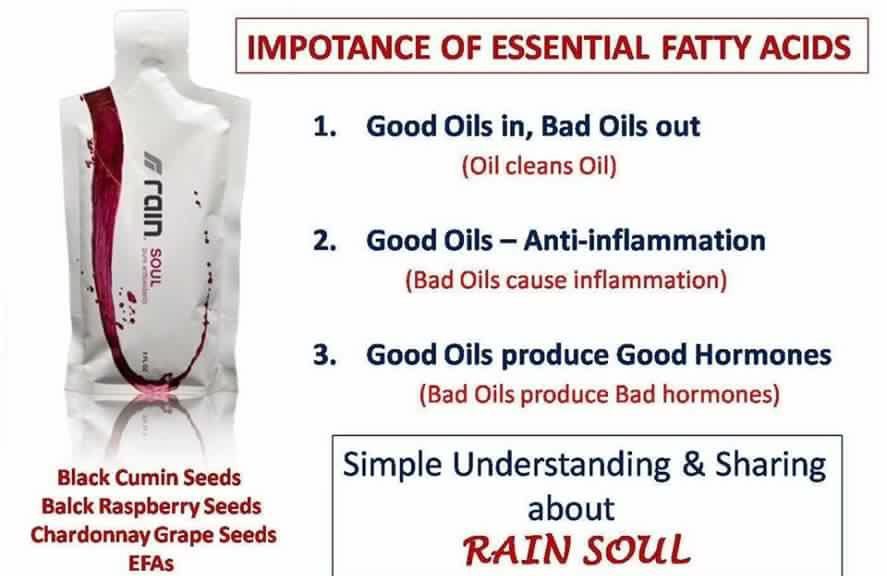
Why are Omegas good for me?
Why are Omegas good for me?
Are Omegas good for me? Are all Omegas the same?
Why are Omegas good for me? You’ve probably heard the terms “fatty acid” and “omega 3” before, but rather do you know what a fatty acid is or why your body needs it? What about the different types of fatty acids? Furthermore, what foods you can naturally find them in and how much your body needs to live a long, healthy life?
Fatty acids are important for all systems of the body to function normally, including your skin, respiratory system, circulatory system, brain, and organs. Because there are two fatty acids, termed essential fatty acids (EFA) that your body does not produce on its own. Consequently, EFAs have to be ingested.
What is Omega-3 Fatty Acid?
Omega-3 fatty acid (Alpha-linolenic acid) is an essential fatty acid that plays an important role in brain function. Even more important, may help you fight against cardiovascular disease. As a result, The American Heart Association recommends a diet in which fatty fish, like salmon, herring, sardines, and tuna are consumed at least twice a week.
While these foods are high in omega-3 fatty acid, I personally do not agree with this recommendation as fish can be contaminated and may be high in mercury, which above all can have detrimental health effects.
Health Benefits of Omega-3 Fatty Acid
Research on the health benefits of omega-3 fatty acid have shown that it may be useful for supporting the following:
- Asthma
- Diabetes
- Arthritis
- Osteoporosis
- Some Cancers
- Skin Disorders
- High Cholesterol
- High Blood Pressure
- Attention Disorders
- Depressive Disorders
- Macular Degeneration
- Digestive Difficulties
Omega-3 fatty acids are found naturally in:
- Grains
- Spirulina
- Brazil Nuts
- Hempseed Oil
- Mustard Seeds
- Pumpkin Seeds
- Chia Seed Oil
- Wheat Germ Oil
- Canola Oil (Rapeseed)
- Green Leafy Vegetables
- Raw Walnuts & Walnut Oil
- Flaxseeds or Flaxseed Oil
What is Omega-6 Fatty Acid?
Omega-6 fatty acid (Linoleic Acid) combined with omega-3 fatty acid produces many of the health benefits described above, but the trickiest part about playing the fatty acid game is that it is best to eat them in the right amounts.
You should be eating about twice as much omega-6 as omega-3 so that your omega-6 to omega-3 ratio is 2:1, but in today’s world of fast food, frozen entrees, and high-calorie snacks, it is not uncommon for most people to actually be getting about 15 times more omega-6 than omega-3.
The best sources of omega-6 are seeds, nuts and grains and green leafy vegetables, like lettuce, broccoli, purslane and kale, and in certain raw vegetable oils. Care should be taken to use raw cold pressed vegetable oils because cooking destroys the benefits of the fatty acids.
Omega-6 fatty acids are also found naturally in:
- Olive Oil
- Wheatgerm
- Grapeseeds
- Pistachios
- Sesame Oil
- Hempseed Oil
- Pumpkin Seeds
- Chia Seed Oil
- Safflower Oil
- Sunflower Oil
- Cottonseed Oil
- Raw Nuts & Seeds
What is Omega-9 Fatty Acid?
Omega-9, or monounsaturated oleic and stearic acid, is a non-essential fatty acid produced naturally by the body whenever there is enough of either Omega 3 and 6 essential fatty acids.
This fatty acid plays a role in promoting heart health by supporting healthy, balanced cholesterol levels and improving immune function.
Omega-9 fatty acids are also found naturally in:
- Avocados
- Pecans
- Cashews
- Almonds
- Hazelnuts
- Pistachios
- Macadamia Nuts
- Chia Seed Oil
- Olives & Olive Oil
What is EPA and DHA?
Within the body omega-3 fatty acids are converted to DHA and EPA (docosahexaenoic acid and eicosapentaenoic acid, respectively). DHA and EPA are highly unsaturated fats that play very important roles in the visual development and brain function of infants.
One study found significantly lower amounts of EPA in the cells of patients who had attempted suicide, suggesting that omega-3 fatty acids may actually play a role in suicide prevention. A lack of DHA has been associated with Alzheimer disease, attention disorders, phenylketonuria, cystic fibrosis and other diseases. Furthermore, Blue-green algae is a good source of EPA and DHA.
Above all, one of the best ways to get all of the above in one packet is Rain Soul!!
Want to see for yourself?
Order your six-day sample pack of Rain Soul here
For more information or to order product visit my website
www.SeedSupplements.com
To enroll as a distributor click here
Connect with me on Facebook